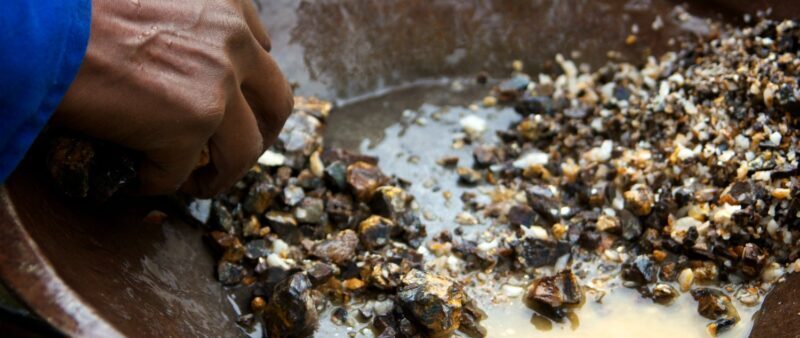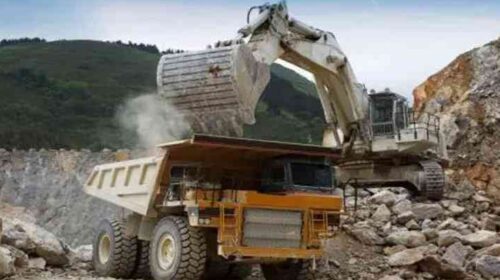UN Warns Companies of Sanctions Over Conflict Minerals from Central Africa
Companies sourcing metals from central Africa may face UN sanctions for indirectly supporting the ongoing conflict in eastern Democratic Republic of Congo (DRC), according to a report by UN experts.
The report highlights that Congo’s trade in gold, tin, and tantalum, a critical mineral used in portable electronics, directly funds armed groups involved in severe human rights abuses. This trade fuels one of the world’s deadliest conflicts.
Over the past year, multiple armed groups have taken control of Rubaya, one of the world’s largest tantalum ore sites in Congo, rendering it “ineligible for trade,” according to the Group of Experts’ due diligence guidelines. The takeover poses a “serious risk” of contaminating the regional supply chain with conflict minerals.
Congo and Rwanda supplied over 60% of the world’s tantalum in 2023, as estimated by the US Geological Survey, which classifies it as a “critical mineral.”
The Group of Experts established due diligence guidelines for companies in 2010 under the direction of the UN Security Council, aiming to prevent the purchase of minerals that finance conflicts in Congo.
“Violations of the Group of Experts’ guidelines, especially actions that finance conflict actors, are sanctionable by the UN Security Council,” stated Gregory Mthembu-Salter, a contributor to the guidelines.
The report indicates that despite these standards and related conflict-minerals laws in the US and EU, the efforts to clean up the trade have had limited success.
The current humanitarian crisis, with millions displaced due to the conflict, is described as “unprecedented.”
A significant portion of Congo’s minerals is illicitly transported to Uganda, Rwanda, and Burundi, where they are sold in major international markets and end up in consumer goods.
The regional gold trade, easily smuggled due to its high value, is worth billions of dollars and has become a key funding source for armed groups, according to the experts.
“The exploitation and trade of gold continued to be a crucial source of enrichment for armed groups and some members of Congo’s army in northeastern Ituri province,” the report states, adding that armed groups control most of the trade in large parts of South Kivu province.
The report also notes that Congolese army resources and soldiers were diverted from combating armed groups to protecting private interests in the mining sector.
More than 100 armed groups are active in eastern Congo, fighting for land, resources, political representation, and security.
In response to the report, the US State Department emphasized the need for companies to rigorously monitor their supply chains from Congo, Rwanda, and Uganda.
While it is possible to source minerals responsibly from the region, the State Department noted that some companies have lessened their focus on due diligence.
The US called for increased engagement from companies throughout the supply chain to reform and enhance the transparency of the current industry-led mineral tracing systems.
SOURCE:Bloomberg
134 total views , 1 views today





